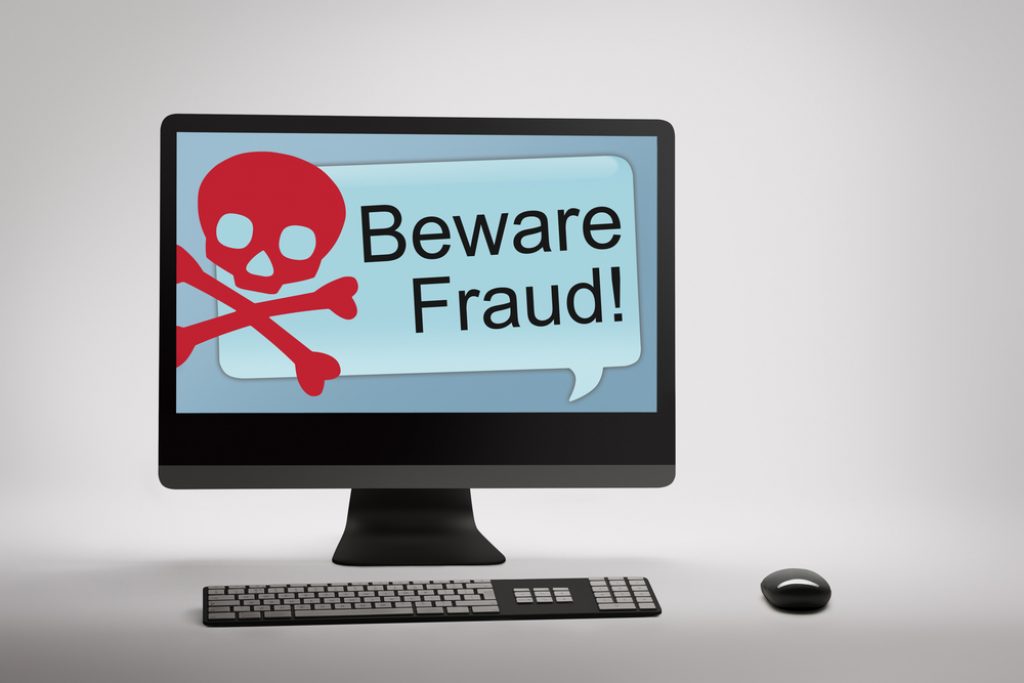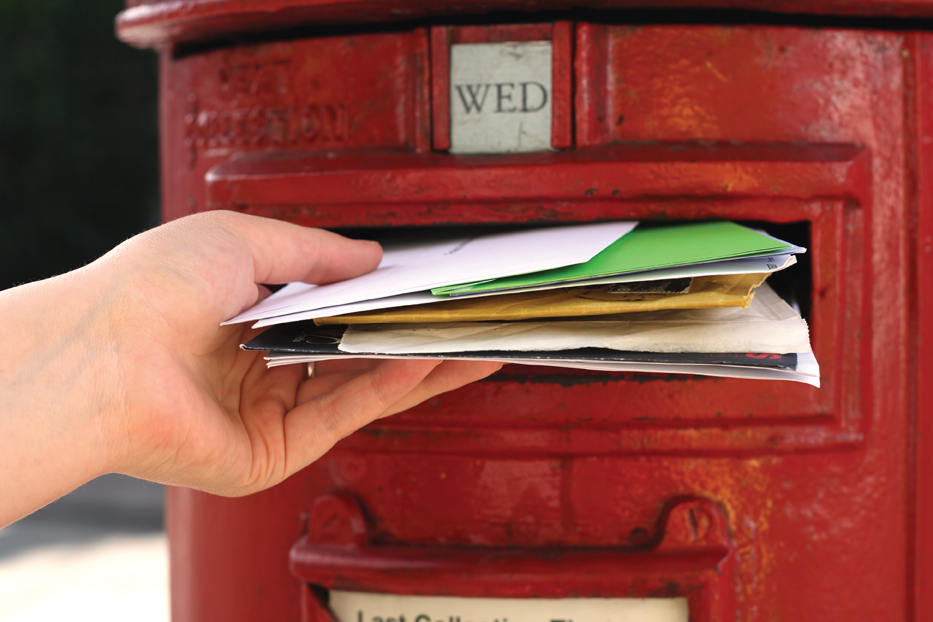Households lost £60 million to fraudsters using Facebook Marketplace last year, a high street bank reports.
That equates to £160,000 lost every day to scammers tricking customers on the online retail platform.
Furthermore, a third (34%) of all the listings on the site led to scammers selling items and it’s an issue which accounts for nearly three-quarters (73%) of all TSB’s fraud cases.
TSB’s analysis of 100 posts on their Facebook feed showed the most popular products on sale were vehicles or vehicle parts (21%), phones (7%) and shoes or clothing (7%).
As well as sending customers to fake websites to pay for the items, dodgy sellers also requested advanced fees, while items listed as ‘brand new’ were advertised for hundreds of pounds less than their real retail price (RRP) – a ploy to coerce potential buyers.
Advanced fees are requested and fake payment websites used
One example of the investigation saw an iPhone 13, listed as ‘brand new’ at just £84 (RRP £599) but when TSB contacted the seller to buy the product, the fraudster sent a link to a fake payment website.
Another included a 2016 Audi Q3 on sale for £6,000. When the seller refused to answer any inquiries, they sent an email address for the buyer to contact. Once TSB searched for the address, it found it was part of a car fraud scam on a community website.
The alarming number of Facebook Marketplace scams come just months after the social media giants signed up to a voluntary ‘Online Fraud Charter’, intended to protect users from online fraud.
Social media platforms urged to ‘clear up their platforms’
As part of the agreement, the world’s biggest companies including Amazon, LinkedIn and Instagram promised to take additional action to block and remove scams from their platforms.
Matt Hepburn, fraud spokesperson, TSB, said: “You wouldn’t shop at a supermarket if a third of the items might be stale or counterfeit – so the same should apply to Facebook Marketplace, where you could have a one in three chance of being scammed when paying online.
“Social media companies really must act on their commitments under the Government’s Online Fraud Charter by urgently clearing up their platforms – removing scam adverts is a good first test.”
To combat online fraudsters, consumer champion Which? outlined five warning signs to look out for when using Facebook Marketplace.
How to spot Facebook Marketplace scams
- If prices are significantly below what similar items are selling for elsewhere, be suspicious.
- Where’s the product coming from? Apple doesn’t allow direct iPhone sales from China into the UK, for example.
- Are there contact details such as a UK phone number? If not, think carefully.
- Look out for unusual payment options. Scam sellers on eBay often insist on a money transfer using Western Union or similar, outside eBay’s own PayPal payments system. Be sceptical if a seller insists on payment in a foreign currency; reputable firms will offer sterling sales in the UK.
- Criminal traders often prefer to work outside the eBay system, exchanging emails directly for example. According to eBay, only contacts made through the internal ‘My Messages’ system are genuine, so check that an email that arrives in your inbox is also in your eBay messages folder.





